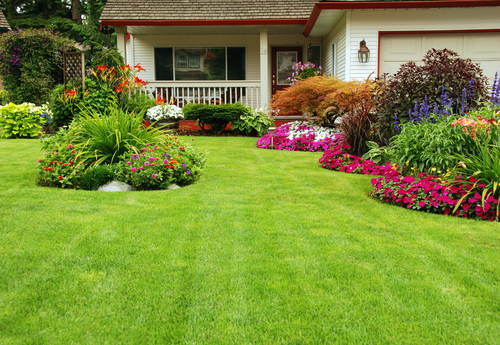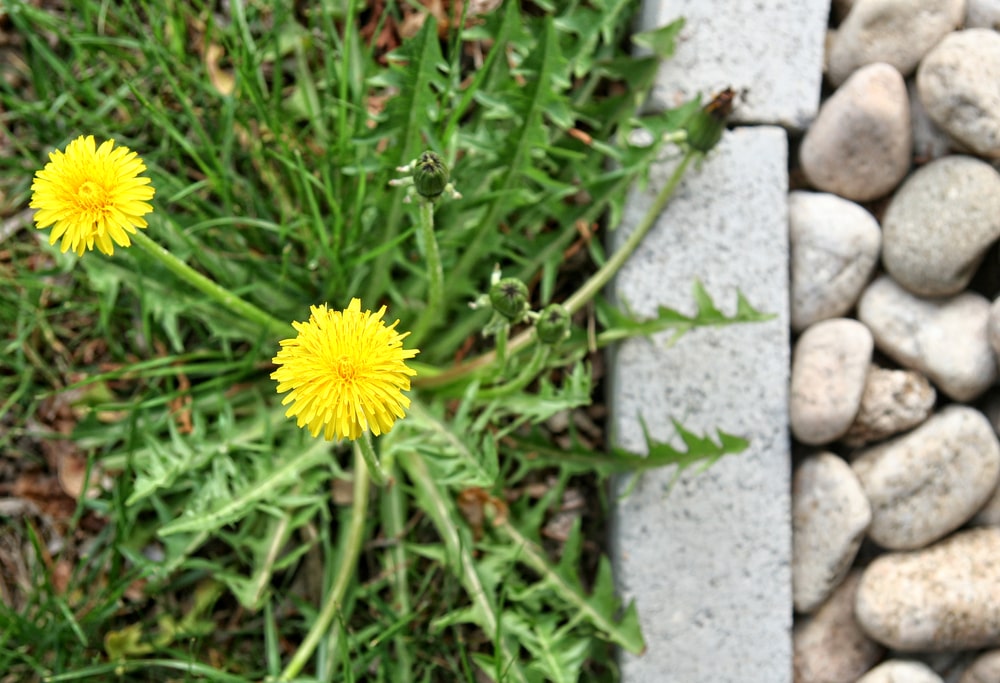Landscaping is one of the best ways to ensure your properties are kept beautiful and healthy. Working with a landscaping company ensures you’re getting the best lawn care options for your home. But how do you know which products are safe for your home? And how do you know if you’re getting organic options?
The landscaping experts at Organic Solutions! Inc. are here to explain the 4 best organic lawn fertilizers so you can feel confident you’re getting the best fertilizers for your unique properties. To learn more about how the landscaping experts at Organic Solutions! Inc. can help with your fertilizing needs, call us today at 208-884-8986 to set up an appointment.
1. Agricultural Waste
Agricultural waste is defined as unwanted materials produced wholly from agricultural operations that are directly related to the growing of crops or the raising of animals. This can include crop residue, weeds, leaf litter, sawdust, and forest waste.
Fertilizing experts have conducted experiments that suggest organic fertilizers made from agricultural waste can boost plant production by 13% more than if commercial fertilizers are used. When looking at agricultural waste as an organic fertilizer option, it’s important to be aware of what type of waste is being added to the fertilizer. The addition of weeds into the fertilizer can leave you with weeds that aren’t native to your area.
The best reason to use agricultural waste as fertilizer is that it can help reduce environmental pollution and increase the quantity and quality of your plant growth.
2. Livestock Manure
The nutrients in livestock manure closely resemble the nutrients used in commercial fertilizers. Livestock manure includes ammonium nitrogen, soluble phosphate, and potassium salts. If dissolved in water, these nutrients can be used immediately by your plants. While livestock manure makes a great organic fertilizer, it’s important to keep in mind that too much of a good thing can harm your plants. If the manure is fresh (not composted), it will have high levels of ammonia, which can damage plants.
Working with an expert means you can measure the amount of livestock manure you might need to help promote growth in your garden without damaging any plants.
3. Industrial Waste
Industrial waste doesn’t sound like an appropriate fertilizer upon first inspection. But industrial waste materials are a good source of zinc and other micronutrient metals. Each state has different regulations on hazardous waste used in fertilizer. Unlike manure, industrial waste can’t be the only ingredient in your fertilizer. Instead, industrial waste often makes up only a small percentage of your fertilizer to provide micronutrient metals.
It’s important to work with a professional fertilizing service to ensure you’re getting a great fertilizer that doesn’t break any federal or local ordinances.
4. Municipal Sludge
Municipal sludge can be dried and added to fertilizers and composts. Like industrial waste, municipal sludge is carefully regulated to ensure you aren’t adding damaging chemicals to the fertilizer and compost made out of municipal sludge.
If you’re looking for municipal sludge as a fertilizer, it’s more important than ever to invest in a professional fertilizing service. Experts can help ensure you’re getting the best fertilizers for your unique property while also ensuring you’re keeping to local ordinances.


